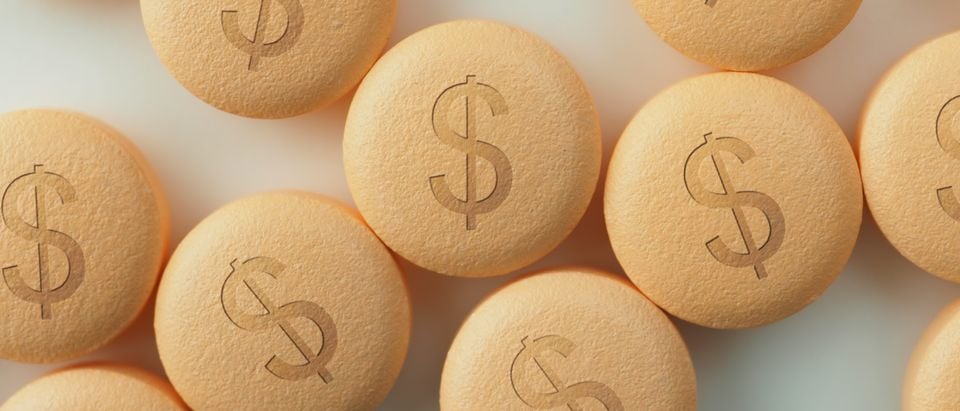Editor’s note: We endeavor to bring you the top voices on current events representing a range of perspectives. Below is a column arguing that price controls on prescription drugs will be beneficial to the American people and will ensure that Americans will never pay more for drugs than people in other developed countries. You can find a counterpoint here, where Tom Schatz, the president of Citizens Against Government Waste, argues that price controls have never worked and will not succeed in lowering drug costs in the long term.
It’s been the sad truth for years: Americans effectively subsidize low drug prices for the entire world — by paying higher prices than they should.
As a physician who has both practiced and worked with the pharmaceutical industry, I’ve witnessed this firsthand. My patients would reel from the “sticker shock” on some of their medications, while folks I knew in the pharma industry acknowledged that the rest of the world benefited at our expense.
True to form as the president who doesn’t hesitate to take bold action to keep his promises, President Trump has taken much-needed action to help our most vulnerable citizens — seniors relying on Medicare — get out from under this unfair burden.
The complex global pharmaceutical market has been one of the most challenging aspects of the high cost of health care in America compared to the rest of the world. We’re the hub of pharmaceutical research and development, which has ultimately been financed by our significant national wealth.
Creating new drugs is extremely expensive for many reasons, from discovering and evaluating candidate molecules to rigorous testing that can extend over many years and involve thousands of patients in clinical trials. The reward for success is, of course, finding therapies and cures; it’s also the awarding of patents that last for a variable number of years. During the lifetime of the patent on a given drug, a pharma company needs to recoup its investment, as well as fund new research.
And for that they’ve turned to Americans, who, although we comprise only about four percent of the world’s population, have accounted for a third of all drug revenue and a whopping 64 to 78 percent of all pharmaceutical company profits worldwide.
Big Pharma has been able to afford to sell drugs abroad for less because of this reliance on their patents within the well-financed American market. Other countries have taken advantage of this by such maneuvers as threatening to duplicate the drugs themselves, effectively extorting pharma companies for lower prices. For decades the powerful Pharma lobby has been very successful at getting Washington to resist measures to provide relief from this lopsided and predatory situation.
But no longer, thanks to President Trump.
In an executive order signed last month, the president mandated a “most favored nation” policy for all Medicare Part B prescription drug purchases. Drug companies now must offer Medicare patients a price that is equivalent to or lower than what they offer patients in other developed countries, adjusted for gross domestic product.
The president’s executive order is just the latest in a series of actions he’s taken to honor his pledge to reduce prescription drug costs — a top priority and a centerpiece of his America First Healthcare Plan.
From the earliest days of President Trump’s time in office, the Food and Drug Administration has been working to bring more drugs, both new and generic, to the market faster and at lower cost by removing barriers and streamlining processes. More recently, he’s signed executive orders to direct federally qualified health centers to pass discounts on insulin and epinephrine to low-income Americans, and to allow safe and legal importation of prescription drugs from Canada and other countries where prices are lower.
In addition to the new most favored nation policy, the Department of Health and Human Services has been helping Medicare patients benefit from competition and negotiation to cut drug prices, as well as tackling the middlemen who add layers of costs between manufacturers and patients. To offset the extra cost middlemen can impose on drug prices for seniors, President Trump just took action to send them $200 rebate cards.
Americans have been paying too much for drugs because of an unfair system that has been in place for far too long. President Trump isn’t afraid to take on that system and put America first, as he always does, to ensure we have the best health care in the world at the most affordable price.
Dr. Nan Hayworth is an ophthalmologist and former Congresswoman for New York’s 19th congressional district.


